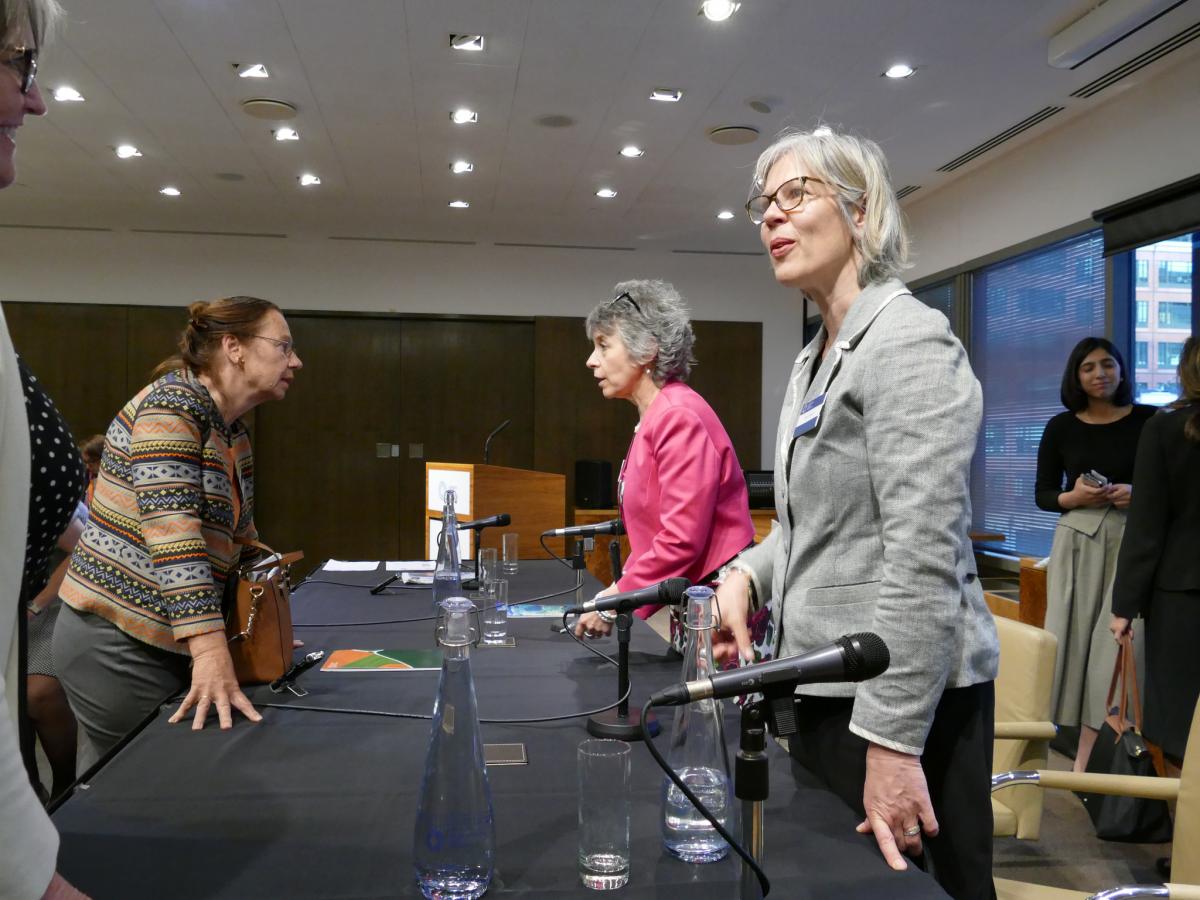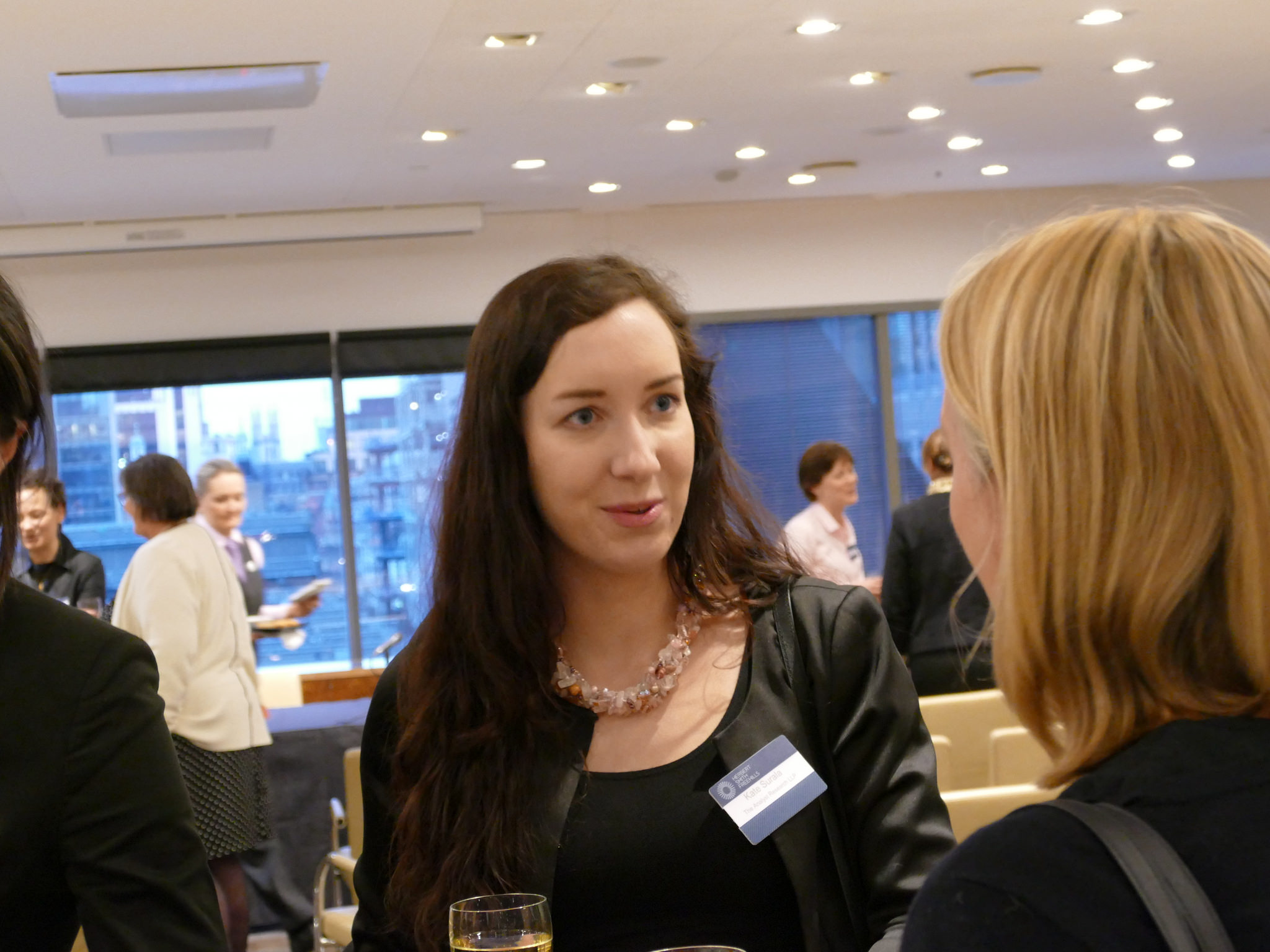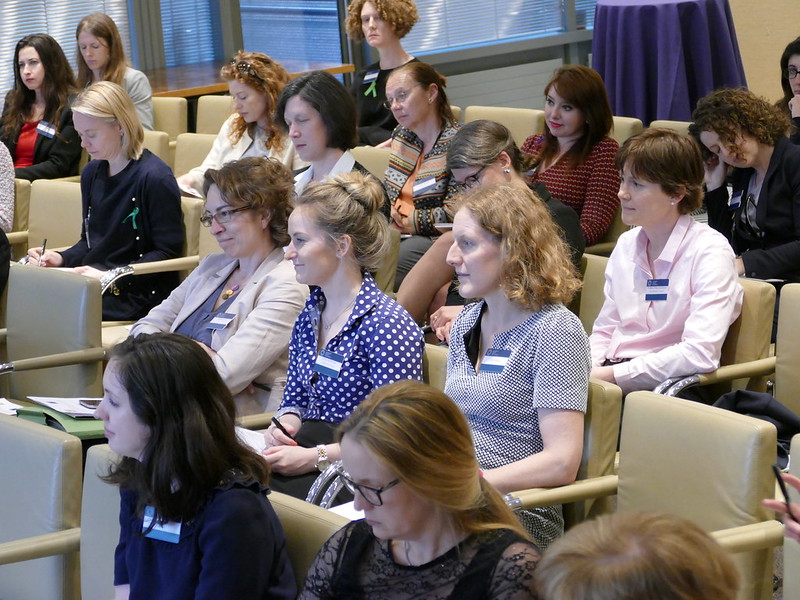Women in the Judiciary - Oxford Women in Law event

“Change is achieved by being unreasonable”
Hearing Judge Alexandra Marks’ CBE opening remarks at the OWL event at Herbert Smith Freehills' offices on Thursday 18 May 2018 was truly inspiring. Judge Marks chaired the contributions of Dame Philippa Whipple DBE, HHJ Mary Stacey, and HHJ Usha Karu on their judicial career and practical experiences, which they generously shared with the audience.

The panellists touched on the subject of access to the profession. Alexandra Marks showed that it is possible for a solicitor to become a judge directly with no requalification needed, and strongly encouraged solicitor applicants. Philippa Whipple, who started out as a solicitor and then requalified as a barrister, explained how a career as a High Court Judge could be within reach. Drawing from her experience as a judicial member of the Judicial Appointment Commission she recommended all applicants to apply their specific experience to the questions asked in the various exercises and refer to examples from their work and lives in their application. Judge Stacey seconded this and added a colour by referring to specific examples of experience relevant for such applications, for instance positions on regulatory bodies, shadowing a barrister or other part-time experience gained at courts. Judge Karu , the first female Asian from the Indian sub-continent to be appointed a Circuit Judge, encouraged applicants from all backgrounds to highlight their cultural sensitivity to diverse ethical groups during the hearings and demonstrate their soft skills during the interview process. All the panel members shared a passion for using their legal skills to do public service and seeing justice done in a very practical way.
The rate at which women are being appointed judges is gathering momentum. The figures show an increase from 18% to 24% representation in the Court of Appeal; 18% to 22% in the High Court and 24% to 28% in the courts judiciary (Judicial Diversity Statistics, 2017). Despite the Increase, the numbers are low, but the panellists claimed, in my view rightly so, that applicants should be judged based on their competency rather than their gender. Nevertheless all agreed on the importance of encouraging women and those from all backgrounds to apply to the judiciary to ensure a balanced court that reflected the public. They referred to training courses being introduced by the Law Society and other schemes to give potential applicants the right experience to equip them for applying.

The discussion was followed by a Q&A session. The question that piqued my interest was “can you work at courts part-time to build up the experience?” The part-time experience is often the only option for many professionals working full time in their other career. The panel emphasised that part-time (fee-paid) judicial work is usually not one or two days per week but rather a block of time (usually several weeks in a row) on an appointment. Therefore it might not be suitable as an only part-time job, since income cannot be guaranteed, but it can be done alongside in house roles or professional practice . Judge Marks pointed out that the best way to present seeking out such experience to a law firm would be by stressing the value of “seeing it from the other side”, a necessary part of providing clients with the advice of the highest standard.
The key takeaways from the panellists, if you are interested in a judicial career, were to read the Judicial Appointments Commission’s website where extensive advice is provided, to take advantage of available trainings and to thoroughly prepare your application with specific examples, to get experience at the courts to get a taste of being a judge, and to get in touch with the current judges if you have questions. So, do you plead interested or not interested?
Article by Kate Surala (MSc in Law and Finance 2016 - 2017)


